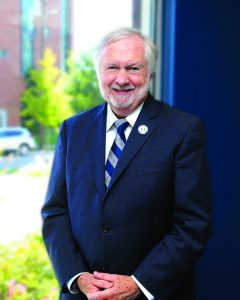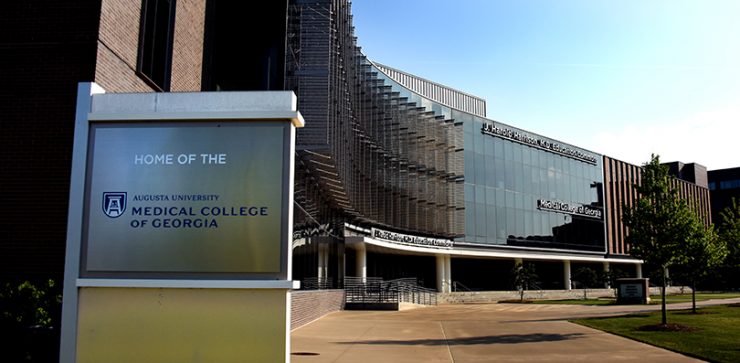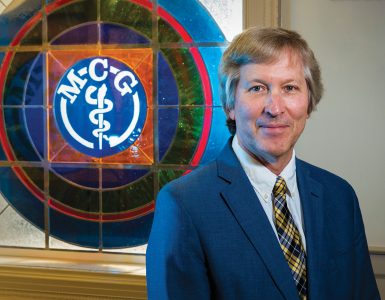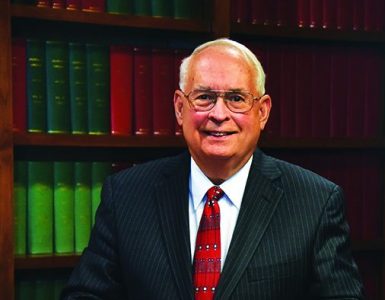 Dear Friends and Alumni,
Dear Friends and Alumni,
Adequate funding has become a critical issue for medical schools around the country as the costs of providing medical education continue to rise. Over the past decade, the annual cost of educating and training medical students has increased 18% nationally, while our state appropriation for medical education has remained unchanged. The result for our medical school has been a funding gap of approximately $20 million annually, which has been heavily subsidized by our health system.
Our health system, faced with its own unique challenges, can no longer continue to subsidize the increasing cost of medical education, especially with changes in the health care environment that have reduced reimbursements.
To contend with these issues, Medical College of Georgia Dean David Hess and I requested a 10% increase to the University System of Georgia funding formula for MCG from Gov. Brian Kemp and the Georgia Legislature, which will add approximately $20 million to our medical education programs and make up the current gap. The increase would be phased in over three years, with a 3.3% increase each year beginning in 2020.
Solving this one problem will allow us to focus on the future of MCG, to include expanding our medical school. It is foundational to our success and to the future health of our entire state, so it has been one of my top priorities.
The impact of rising medical education costs isn’t limited to our medical school. There are long-term consequences for our students as well with their average debt reaching about $200,000 at graduation.
In a growing state with already too few physicians, the threat of medical school debt can have a serious impact on the overall health of our population as well, with fewer physicians overall and a shift away from primary care toward specialties that earn higher wages and can help graduates pay their loans back faster.
Realizing this, Dean Hess and I also approached state leaders earlier this year with a proposal that would boost the primary care workforce by shortening medical school to three years for students who commit to primary care and agree to spend at least six years in underserved areas of the state, which is almost every county outside of the metro areas.
Dubbed the “MCG 3+ Track,” this innovative new curriculum and accelerated physician track could take advantage of the 500 to 600 new residency positions recently created and funded by the state that are scattered throughout Georgia, and could keep as many as 80% of MCG students here to practice medicine. Currently that retention is closer to 25%.
Our hope is that this program will not only allow us to provide more physicians for rural Georgia, but to attract more students from rural counties interested in pursuing medicine. These students know what it’s like in a rural community, have family there, understand the benefits of being in a rural part of the state and won’t have any qualms about going back there.
While we continue to develop the 3+ Track with state leaders and our accrediting body – I can say that the reception has already been incredibly supportive. Thanks to Gov. Kemp and our state legislators for including $500,000 in the upcoming fiscal year to continue to develop the program. We look forward to carrying this momentum into next year’s legislative session, when we expect to further formalize our legislative funding request for the 3+ Track.
As we continue to work with legislators across Georgia, we need advocates like you who can champion our mission of better health for all Georgians. I ask that you join us in our fight to create a healthier Georgia by talking with local elected officials about a vision of MCG-trained providers in each and every corner of our state.
Sincerely,
Brooks Keel, PhD
President, Augusta University
CEO, AU Health System










